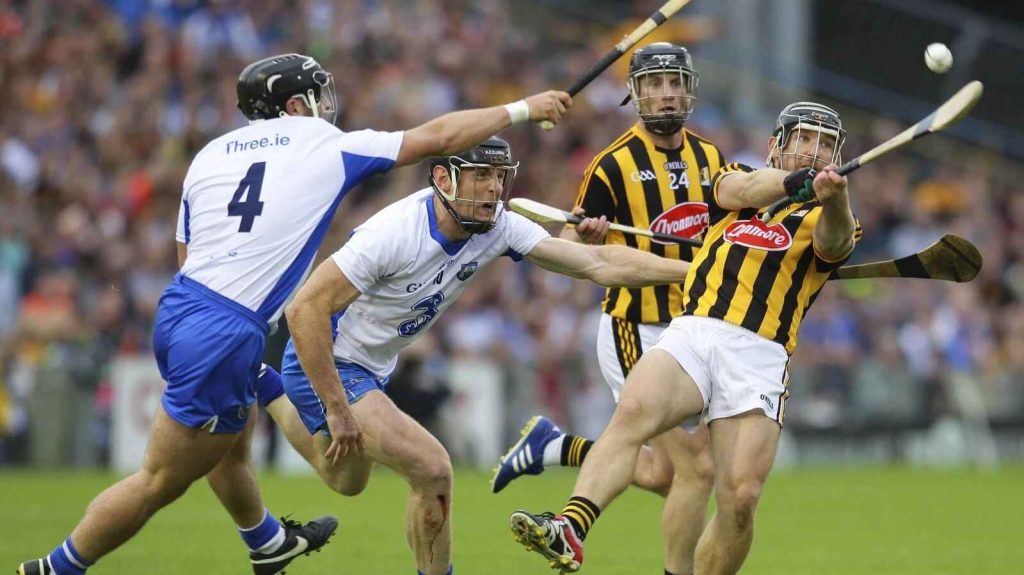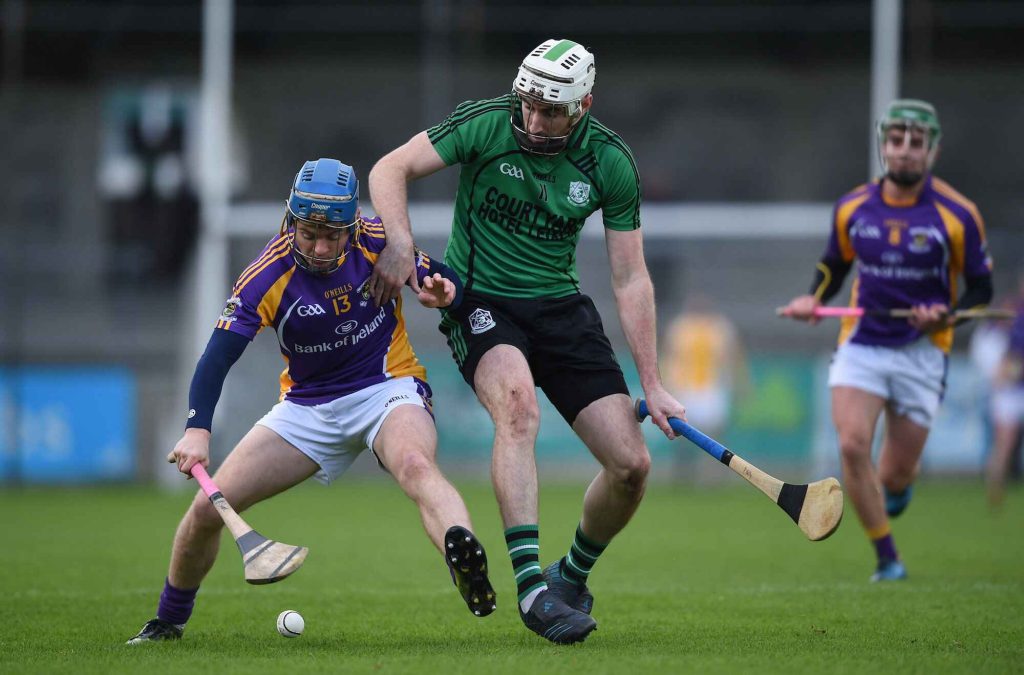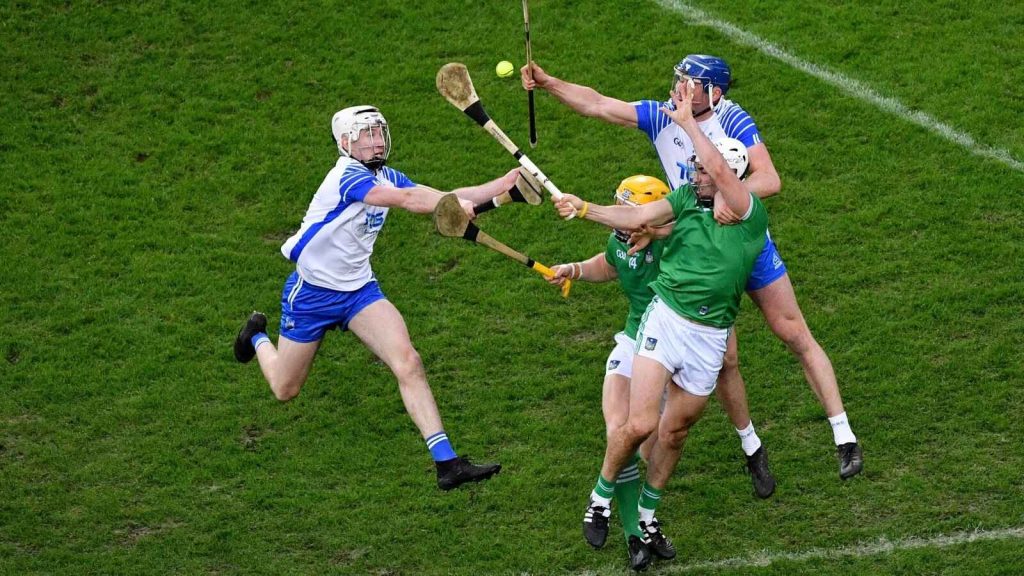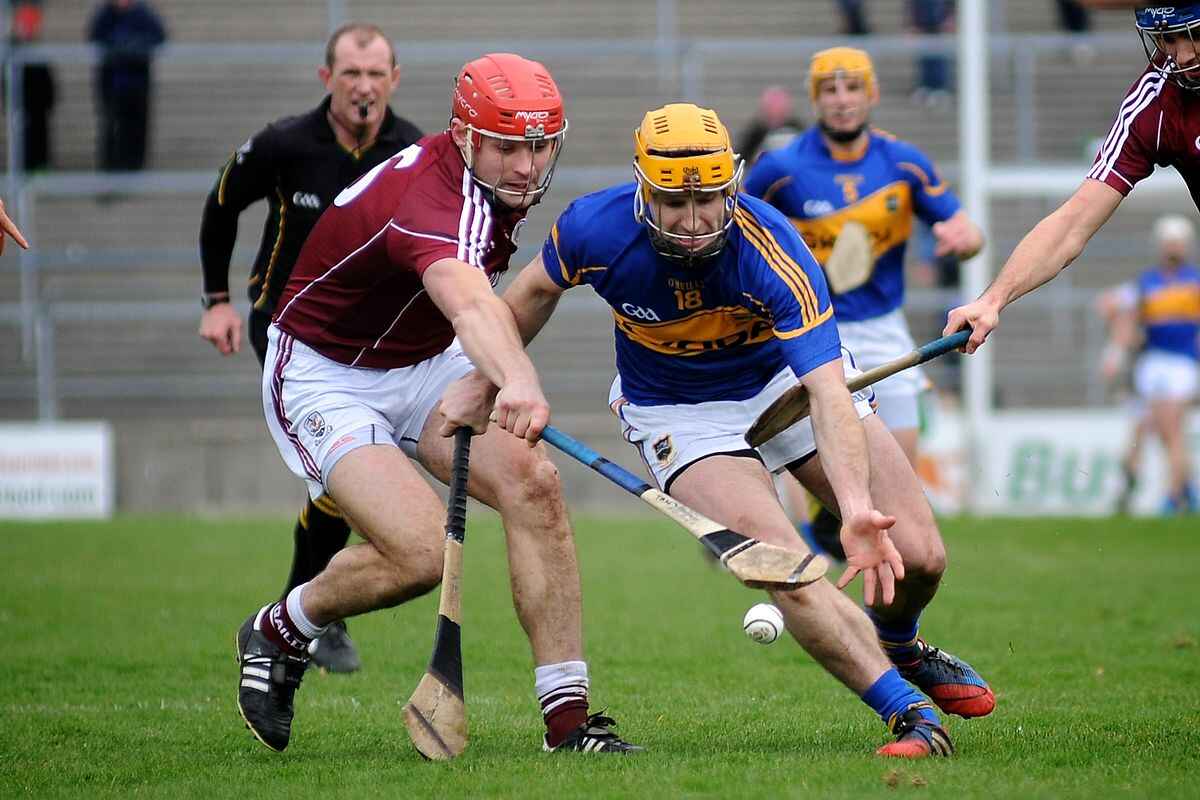Introduction
What Is Ireland Hurling: In the heart of Ireland, amid the rolling green hills and historic landscapes, lies a sport that is as old as the land itself yet as exhilarating as any modern-day spectacle. Ireland Hurling ancient national sport, embodies the spirit, tradition, and passion of the Irish people like no other. In this comprehensive guide, we’ll delve into the rich history, unique characteristics, and enduring appeal of hurling, offering insight into why it holds such a special place in the hearts of Irish sports enthusiasts.
Origins and History Ireland Hurling
Hurling traces its origins back thousands of years, with evidence of the sport dating as far back as ancient Irish mythology and folklore. Legend has it that hurling was played by the ancient Celts as a form of ritualistic combat, with matches serving as tests of strength, skill, and courage. Over time, hurling evolved into a structured sport with defined rules and regulations, becoming an integral part of Irish culture and identity.
The Basics of Hurling

At its core, hurling is a fast-paced and highly physical game played on a rectangular field known as a hurling pitch. The objective of the game is simple: to score points by striking a small, leather ball known as a sliotar between the opponent’s goalposts using a curved wooden stick called a hurley. Players can use both their hands and the hurley to control and propel the sliotar, making for a dynamic and unpredictable contest.
Key Features and Rules
Hurling is known for its unique characteristics and rules that set it apart from other sports. Some key features of hurling include:
Soloing and Striking: Players can use a technique known as soloing to carry the sliotar on their hurley for a limited distance before striking it or passing it to a teammate. Striking the sliotar with precision and power is essential for success in hurling, requiring exceptional hand-eye coordination and timing.
Physical Contact: Hurling is a full-contact sport, with players allowed to make shoulder-to-shoulder challenges and engage in physical contests for possession of the ball. While certain forms of physical contact are permitted, deliberate fouls, such as striking an opponent with the hurley, are strictly prohibited and penalized by the referee.
Scoring System: Points in hurling are awarded for goals, which are worth three points, and points, which are worth one point. To score a goal, a player must strike the sliotar into the opponent’s goal net, while points can be scored by sending the sliotar between the opponent’s goalposts and over the crossbar.
Cultural Significance
Hurling holds a special place in Irish culture and society, serving as a symbol of national identity and pride. From the bustling streets of Dublin to the tranquil countryside villages, hurling is woven into the fabric of Irish life, bringing communities together and fostering a sense of belonging and unity. The passion and fervor of hurling fans are evident in the colorful displays of support at matches, where crowds cheer on their local teams with unrivaled enthusiasm and fervor.
The Hurling Season and Major Competitions
The hurling season in Ireland typically runs from spring to summer, with matches taking place at local, provincial, and national levels. The pinnacle of the hurling calendar is the All-Ireland Senior Hurling Championship, which features the top county teams from across Ireland competing for the prestigious Liam MacCarthy Cup. Other notable competitions include the provincial championships, such as the Munster and Leinster Championships, which showcase the best teams from their respective regions.
The Future of Hurling

As Ireland’s national sport, hurling continues to thrive and evolve, attracting new generations of players and fans to its ranks. The growth of the sport both domestically and internationally reflects its enduring appeal and universal appeal. With ongoing efforts to promote and develop hurling at all levels, the future of the sport looks bright, promising continued excitement, passion, and tradition for years to come.
Evolution and Modernization
Adaptation and Innovation: While rooted in ancient tradition, hurling has also embraced modernization and innovation to keep pace with the demands of the modern world. From advancements in equipment and training techniques to changes in rules and gameplay, Ireland Hurling has evolved over time while staying true to its core principles and values.
Global Expansion: In recent years, hurling has gained recognition and popularity beyond the shores of Ireland, attracting interest and participation from players and fans around the world. International tournaments, exhibition matches, and grassroots initiatives have helped to promote the sport on a global scale, introducing new audiences to the thrill and excitement of Ireland Hurling.
Grassroots Development and Youth Engagement
Community Engagement: Hurling is deeply ingrained in Irish communities, where local clubs serve as the lifeblood of the sport. These grassroots organizations play a vital role in nurturing talent, fostering camaraderie, and promoting the values of sportsmanship and teamwork among young players.
Youth Programs: Ireland Hurling future depends on the next generation of players, and efforts to engage and inspire young athletes are paramount to the sport’s continued growth and success. Youth programs, school initiatives, and coaching clinics provide aspiring hurlers with the skills, knowledge, and opportunities to develop their talents and pursue their passion for the game.
Embracing Diversity and Inclusivity

Inclusive Participation: Hurling is a sport for all, welcoming players of all ages, backgrounds, and abilities to participate and contribute to the game. Efforts to promote inclusivity and diversity within the Ireland Hurling community are essential for ensuring that the sport remains accessible and welcoming to everyone, regardless of gender, ethnicity, or socioeconomic status.
Integration and Outreach: Outreach programs and initiatives aimed at underrepresented communities play a crucial role in expanding the reach and impact of Ireland Hurling. By breaking down barriers and fostering greater inclusivity, hurling can continue to thrive as a truly universal sport that brings people together from all walks of life.
Conclusion
Hurling is more than just a sport—it’s a source of pride, passion, and identity for the Irish people. From its ancient origins to its modern-day prominence, hurling embodies the resilience, spirit, and sense of community that define Irish culture. As the sport continues to evolve and adapt to the changing times, its enduring appeal and universal values will ensure that Ireland Hurling remains a cherished tradition for generations to come. Whether played on the green fields of Ireland or on pitches around the world, hurling will continue to inspire, unite, and captivate all who have the privilege of experiencing its magic firsthand.

